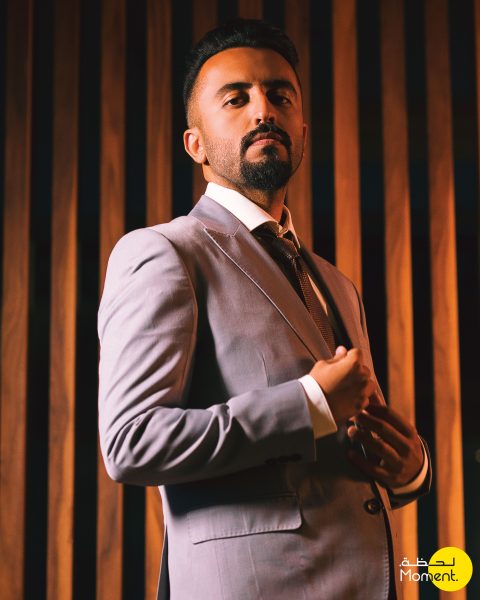 A lot of the companies I have seen have been focusing on using influencers to boost their e-commerce offerings recently. They look to take advantage of the audiences that influencers can reach, and aim to change their shopping behaviour and persuade them to shop online.
A lot of the companies I have seen have been focusing on using influencers to boost their e-commerce offerings recently. They look to take advantage of the audiences that influencers can reach, and aim to change their shopping behaviour and persuade them to shop online.
At Moment we work to develop influencers by helping them create more content and reach wider audiences. Some other influencer agencies in the region use a model where they work with the largest number of influencers they can and leverage exclusive agreements and contracts. Each company has a slightly different approach to how it works with influencers.
The focus on e-commerce across influencer platforms, including our own, reflects what clients have been asking from us. Since the outbreak of the coronavirus pandemic more than a year ago, even traditional brands have begun focusing more on e-commerce strategies. For many brands, this is new territory, and we treat their expansion into e-commerce as new projects, starting from scratch and helping them think in a wholly new way compared with how they traditionally marketed themselves.
Campaign is throwing an engagement party. Brand engagement, that is. Join us to find how to keep customers invested in your brand while scaling from bricks and mortar to digital and mobile channels at our free-to-attend webinar.
From the point of view of companies like Moment, this means that there is consistent growth in the industry, and opportunities to grow further. As long as the shift from traditional commerce to e-commerce continues, there will be growth opportunities in the influencer market.
While the shift to e-commerce was given a boost by the pandemic, Covid-19 kept most of the world inside. This is now changing, and we are seeing events becoming physical in the region, rather than online, once again. And in more and more markets, travel is opening up again. The signs are there of a return to normal life, and this means that there will be competition between brands as they vie for the attention and spends of online audiences. All this means there is an opportunity for influencers and content creators who can bring those brands to the attention of their followers.
In terms of challenges to the influencer market, we would like to see more updates to the social media platforms themselves. Some of the changes that have been brought in since the outbreak of Covid-19 have not been as impactful as we would like.
The growth of influencer numbers also makes it more challenging to marketers. There are hundreds more influencers in the region compared with only a few years ago, and not all of them have the experience and professionalism brands might like to work with. The sheer number of influencers can dilute their messaging, and, combined with weak content, this can dilute awareness and impact among followers and fans.
To counter this, agencies such as ours must help raise influencers’ awareness of content-creation best practices and help leading content makers stand out from the crowd.
When it comes to the content that works, this depends on the platform. Each social channel requires a different policy, different communications and a different posting strategy. To find the right mix, everyone – brands, influencers, agencies and the platforms themselves – must study the behaviour of followers on each platform, to see what content will best suit their interests and consumption habits.
The skills that we are looking for, and that are in high demand within the influencer marketing industry, include copywriters, designers, social media executives, photographers, filmmakers and musicians.









